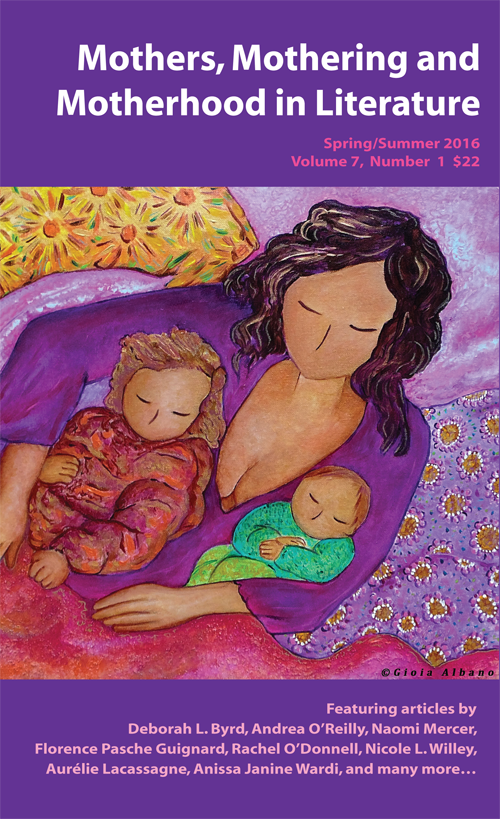Masculine Expansions of Othermothering in Toni Morrison’s A Mercy, Jazz, and Beloved
Abstract
Othermothering in African American communities began as a system of childcare but has evolved into the care of individuals in need. Toni Morrison’s work presents myriad examples of othermothering performed by black women. Perhaps more intriguing are the sites where othermothering as a system of care work in Morrison’s novels serves to subvert gender and race norms. Some critics argue that Morrison’s depictions of female-centric othermothering allow black men to shirk parental and communal responsibilities and assign less responsibility to black men for carrying on the traditions and culture of the African American community than black women. However, this article examines how male othermothering in <em>Beloved</em>, <em>Jazz</em>, and <em>A Mercy</em> expands the master narrative of the ideal (black or white) mother by refuting gender roles and the naturalization of women as better suited to care giving. Morrison’s depictions of masculine othermothering as a valuable source of care challenge the ideology of the nuclear family for its primacy as a family model.Downloads
How to Cite
Issue
Section
License
All intellectual property in relation to material included on this site belongs to the Motherhood Initiative for Research and Community Involvement (MIRCI). All material on this site is protected by Canadian and international copyright and other intellectual property laws. Users may not do anything which interferes with or breaches those laws or the intellectual property rights in the material. All materials on the Motherhood Initiative for Research and Community Involvement (MIRCI) are copyrighted and all rights are reserved. Any reproduction, modification, publication, transmission, transfer, sale, distribution, display or exploitation of the information, in any form or by any means, or its storage in a retrieval system, whether in whole or in part, without the express written permission of the Motherhood Initiative for Research and Community Involvement (MIRCI) is prohibited. Please contact us for permission to reproduce any of our materials. This site may include third party content which is subject to that third party's terms and conditions of use.


